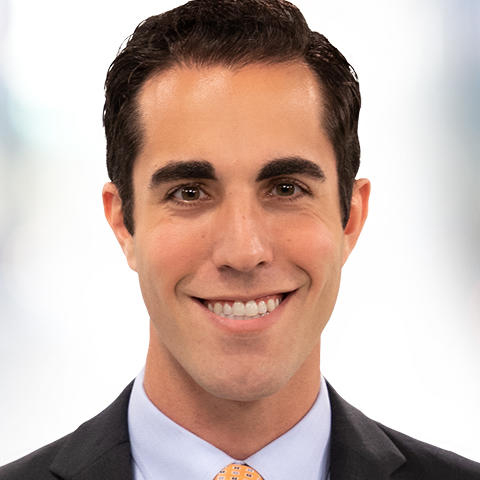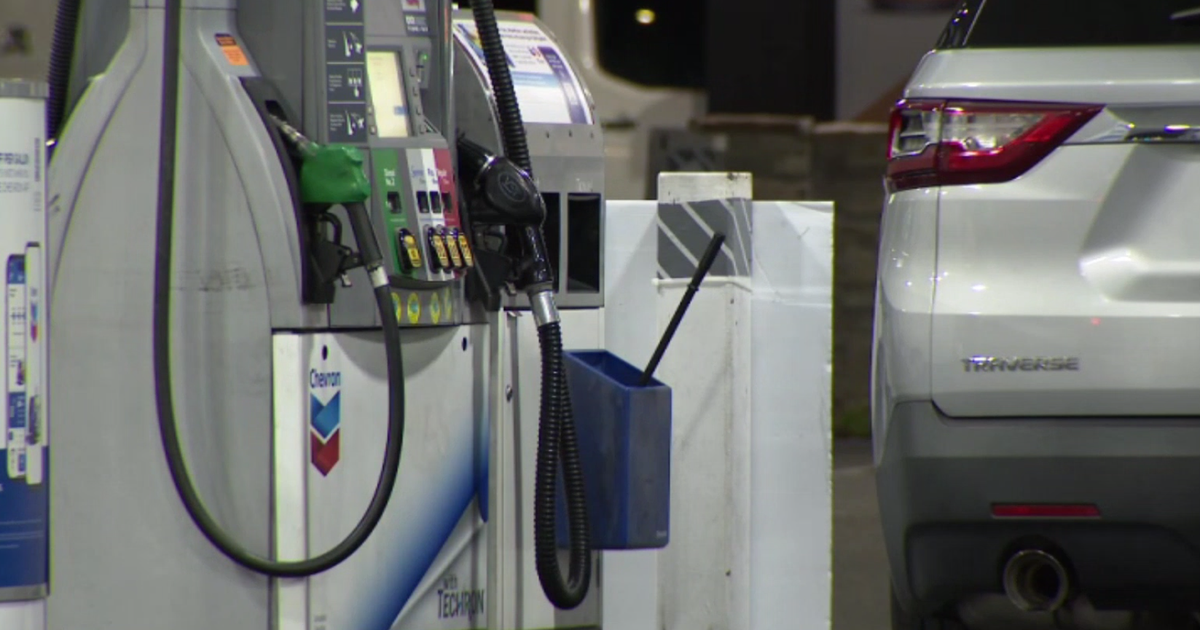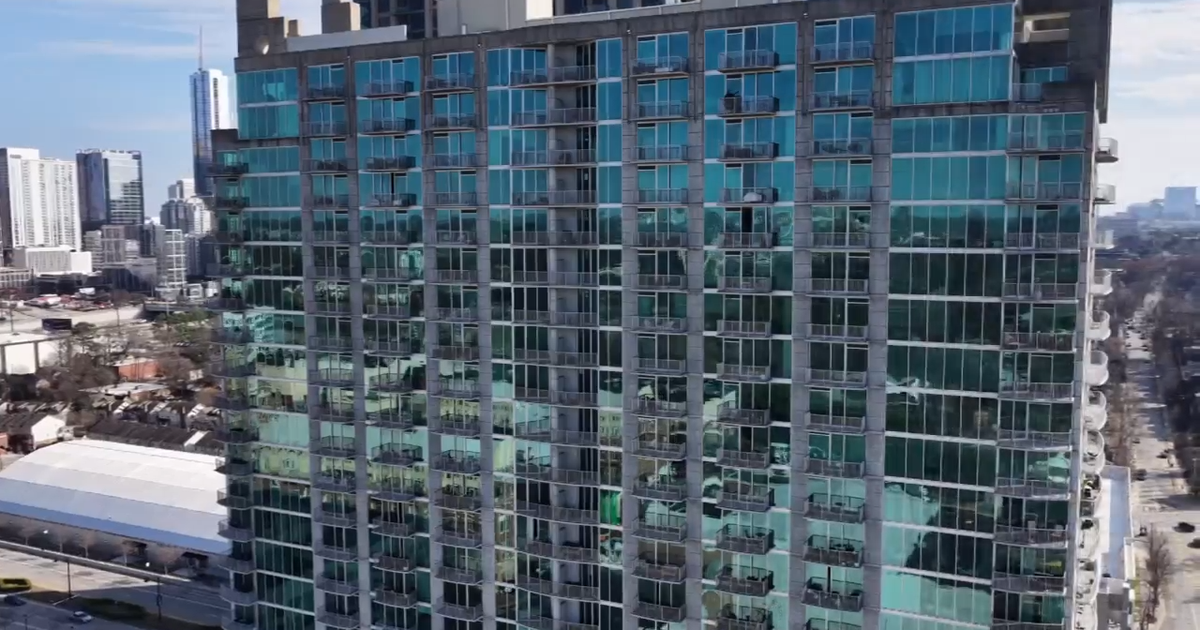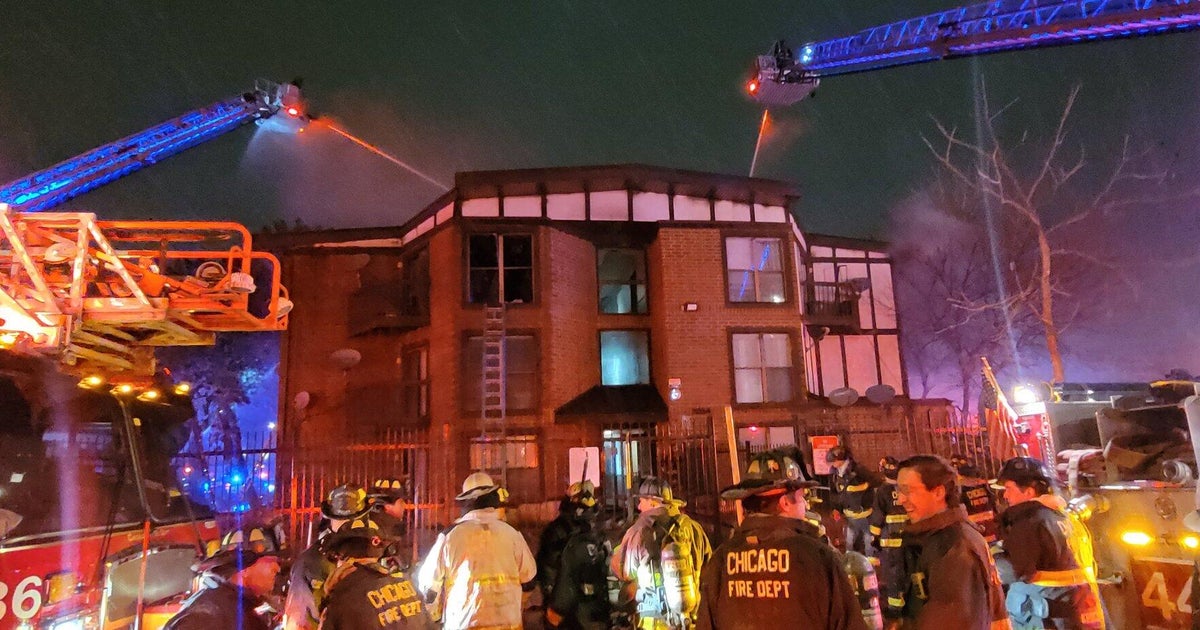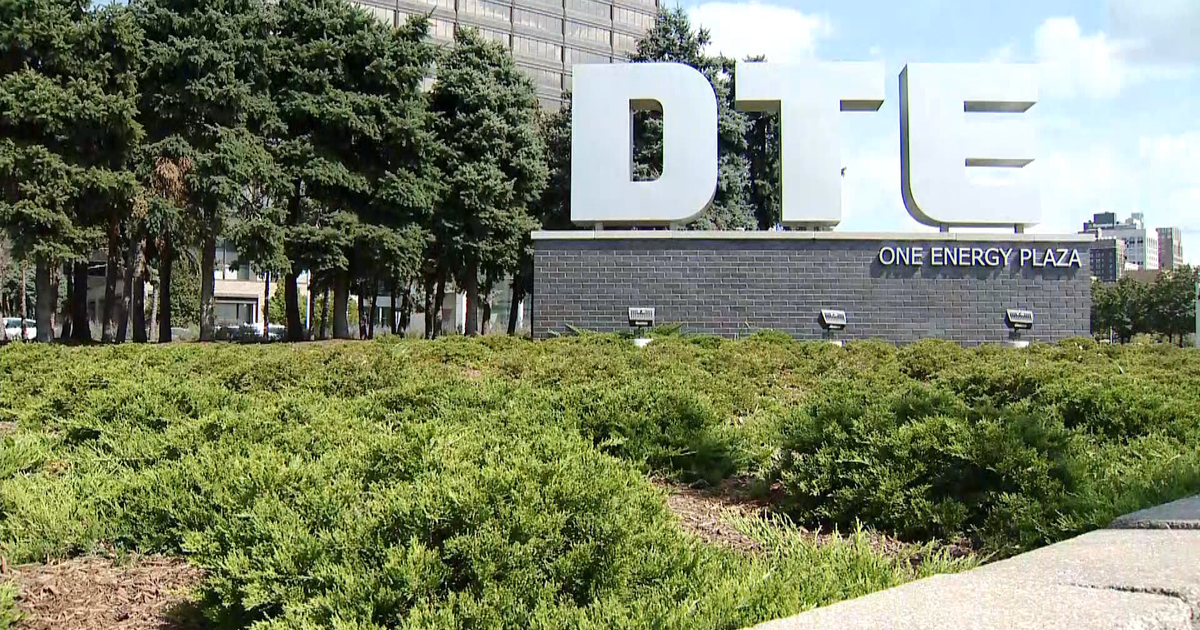Xcel Energy seeks state approval to build 730 EV charging stations
MINNEAPOLIS – Electric vehicles are only getting more popular, but thousands of Minnesotans might have to pay up to power them, even if you don't drive one.
Xcel Energy has submitted a proposal to state regulators that includes building 730 EV charging stations over the next four years. Currently, Minnesota's home to 56 public charging stations.
Lizzy Buck, who's driven electric since October, would welcome the additional stations, especially on longer trips.
"I have to really make sure I have a plan set up of where to go and what charging stations are going to be there for me to stop at," Buck said.
MK Anderson, a senior policy associate at Fresh Energy, a St. Paul environmental advocacy group, supports Xcel's proposal as well.
"It's really exciting to see Xcel go so big at a time when there's such a big need for support of EV adoption," Anderson said.
The utility is hoping for approval on its $170 million EV charging station plan from the Public Utilities Commission. The proposal states, "Our electric customers are paying for these infrastructure investments."
In a statement, Xcel said its EV plan would cost an average customer about 72 cents a month starting in 2024. The company tells WCCO that charge is already a part of the pending electric rate plan it filed last year.
Xcel's proposal also includes financial incentives for its customers to drive electric.
"We just want to make sure … that it makes sense for the average Minnesota consumer and that the burden isn't unduly put on the ratepayer," said Lonnie McQuirter, the owner of 36 Lyn Refuel Station in Minneapolis.
McQuirter installed an EV charger at his gas station in 2014. He has concerns about the possibility of Xcel taking over such a large segment of the market.
"There are lots of private retailers like Lonnie who want to get into the business, but the problem is they see Xcel getting in using money from ratepayers," said Ryan McKinnon with Charge Ahead Partnership, a coalition of businesses and organizations that want to expand access to EV charging. "No private business can compete with that."
Opponents of Xcel's plan like McKinnon and McQuirter feel free-market competition will best serve consumers in the long run.
Supporters like Anderson see it as a much surer way to start to meet Minnesota's electric vehicle goals.
The state has set a target to have 20 percent of light duty vehicles be electric by 2030. Currently, less than 1 percent of vehicles in Minnesota are electric.
Xcel says expanding the charging infrastructure will encourage more people to buy EVs.
The state is accepting public comment on Xcel's proposal through next Wednesday.
